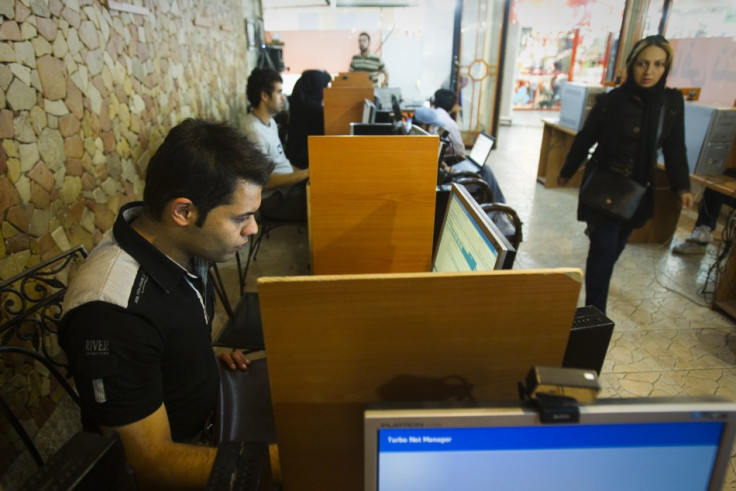Iranian Regime Running Scared of Internet

Ahead of the March parliamentary election, Iranian authorities seem to be running scared of the internet after the Arab spring and other uprisings in which the web played a key role in regime change.
In an attempt to curb the influence of the net, officials are tightening the screws. The Iranian ministry of information and communication has announced that it is working on "halal internet", something that is pure conforming to Islamic principles and shorn of any western influence. Besides, they have served a 15-day ultimatum on cybe rcafe owners to collect personal information of net users.
Iran is also creating its own version of Big Brother to keep a tab on net users. According to an expert, the country's scientists are working on software robots to analyse exchange of emails and chats.
An official estimate says that more than 17 million Iranians use Facebook which is banned in the country.
A Dutch government report in September 2011 said over 300,000 Iranian net users were spied upon.
The crackdown comes in the wake of the Iranian government warning against any online campaign to boycott the polls or mount criticism against the regime.
Many Iranians have been using the internet to take on the government but they are facing a significant slowdown in connectivity and inaccessibility of some sites.
Iranian dissidents have always found ways to defy any ban or government snooping. With the use of illegal satellite dishes, proxy websites and Bluetooth, dissidents and others have viewed blocked TV channels, used social network websites and transferred information data.
The US government is also giving Iranian net users a leg up by providing a "shadow internet", according to the New York Times.
Heightening its cyber phobia and fearing a massive web attack, Iranian officials are working on an intranet facility.
"Despite what others think, intranet is not primarily aimed at curbing the global internet but Iran is creating it to secure its own military, banking and sensitive data from the outside world," the Guardian quotes an Iranian IT expert who has been following the Iranian intranet project.
"Iran has fears of an outside cyber-attack like that of the Stuxnet, and is trying to protect its sensitive data from being accessible on the World Wide Web."
Stuxnet, a computer worm, was used to sabotage Iran's uranium enrichment programme in 2010. Many experts believe that it was designed by Americans and the Israelis to damage the enrichment programme. Although the Iranian authorities played down the incident they later admitted that there was substantial damage to the nuclear programme.
Again in November 2011, the authorities announced that they had detected the Duqu computer virus, aimed at sabotaging its nuclear programme. Last April Iran reported that the "Stars" computer virus had attacked its systems.
© Copyright IBTimes 2025. All rights reserved.



















